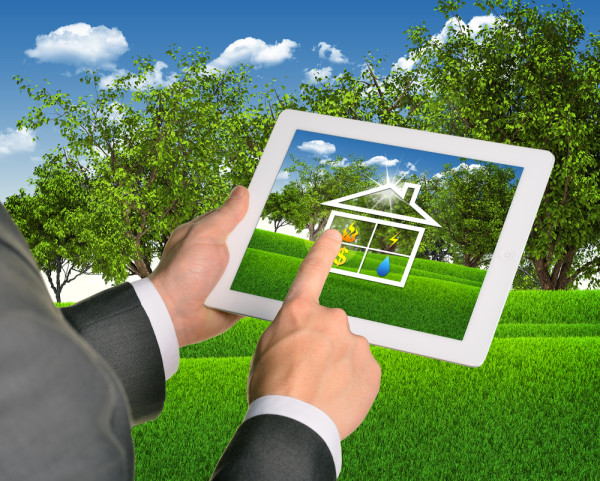You’re building your dream home in Savannah, Georgia. It’s something you’ve been thinking about and planning for years. You’re going to have everything you want, and nothing you don’t want.
Have you considered making your new home energy efficient from the beginning? While adding efficiency into the design of your home may cost a little more at first, you’ll see immediate savings in your energy costs every month.
Take a look at all the ways you can add efficiency to your new home before you move in.
Windows
Not only is the type of window important when considering energy use, but it’s also important to consider the location of the window. Choosing the right window will cut your lighting, cooling, and heating needs. To get the most from your windows, make sure most of them face south. In the winter, you’ll be able to use the heat from the sun to warm that side of your home. Of course, in the summer, make sure you have shades to cover your windows.
You don’t want too many windows on the east or west, as you can’t pull any direct sunlight into your home in this direction. It’s fine to have windows on the north side, but realize that they won’t pull in any heat, only extra lighting during the day.
Insulation and Air Sealing
You should think about how your home is sealed and the insulation used. Minimum amounts of insulation will be required in your new home. To make your home more efficient, more than the minimum will be added. The efficiency will be determined by the R-value of your insulation.
When it comes to keeping air out of your home, this is done in two ways. The crew will put a house wrap around your home. This is a special paper, using special tape, to create a barrier around your home. Then, you have the choice between one of two wall constructions:
- Airtight Drywall Approach (ADA): The seams, joints, and openings are sealed during construction.
- Simple Caulk and Seal (SCS): Caulk is used to seal the seams after the exterior sheathing and drywall have been completely installed.
Both can be very efficient for keeping out air, but the SCS can leave behind missed cavities that will be inaccessible once the drywall goes up.
Appliances
In a new house, it’s not surprising that you want your appliances and electronics to be new, too. Before selecting any appliances or electronics, check the Energy Star rating to make sure it’s as efficient as possible. If you’re tempted to bring in your decades-old appliances, remember that even the least efficient of today’s refrigerators or ovens will be more efficient than your old one.
Don’t forget, you can start small. Simply using LED or CFL light bulbs will decrease the energy use in your new home. The upfront cost is a little higher, but the bulbs last so long and use such small amounts of energy that they pay for themselves quickly.
HVAC Units
You have more options than ever before in how to heat and cool your home. Here are a few to keep in mind:
Geothermal: This type of heating and cooling system is the most efficient because it uses the steady ground temperature (around 55 degrees) to heat and cool your home. Tubes are buried in your yard and the heat is moved through the tubes into your home. Because it’s a constant temperature, regardless of how warm or cold the air is, the system doesn’t have to work as hard to heat or cool the air in your home.
Air Conditioners and Heat Pumps: Both are very common in Georgia homes. Air conditioners use refrigerant to cool your home by transferring heat outside and returning cooler air. Heat pumps remove heat from your home in the summer and use heat from the air outside to warm your home in the winter. Both air conditioning sytems can make a huge difference in energy savings and comfort.
When you’re ready to plan the best HVAC system for your new home, contact us a McDevitt Air. Give us a call at 877-692-9402.
Image provided by Shutterstock



